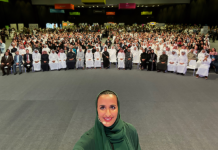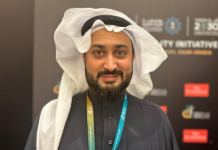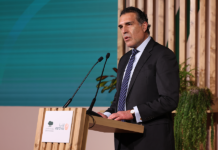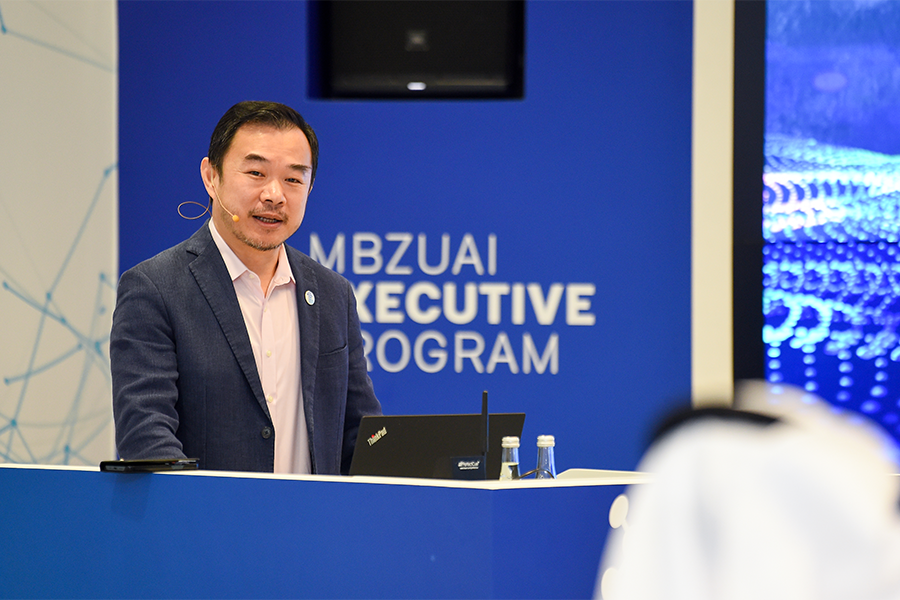
In March this year, citing profound risks to humanity, hundreds of scientists and technology executives signed an open letter urging a moratorium on the development of advanced artificial intelligence (AI) systems. But Professor Eric Xing says pressing pause would be a terrible mistake.
Xing is President of the Mohamed bin Zayed University of Artificial Intelligence (MBZUAI), the world’s first graduate research university focused exclusively on AI. He sees AI not as an existential threat, but as an extraordinary opportunity to move human civilization forward.
“The open letter is driven not by any factual risk, but by anxiety and fear,” he says. “Thanks to AI, we are entering a whole new age of scientific advancement. Never before have we had the ability to process so much complex data in such little time.”
Scientists at MBZUAI, based in Abu Dhabi in the United Arab Emirates, are using AI to tackle some of the most severe social and environmental challenges of our time.
The university has three key research pillars: health, education, and climate. In all these areas, its research aims to produce maximum impact, not just for the people of the UAE, but for humanity at large.
“AI is transformative. It is creating a whole new paradigm for human civilization.”
Eric Xing, President and Professor, Mohamed bin Zayed University of AI (MBZUAI)
Xing believes research in these critical fields needs to be accelerated, not paused. As part of this acceleration, MBZUAI is expanding its own activities. By the end of the year, the university aims to have seven academic departments, up from five currently, and it will increase the size of its faculty to more than 70 people, from 53 now.
In the run-up to the COP28 UN climate change conference in UAE Nov. 30–Dec. 12, 2023, MBZUAI is showcasing AI’s potential to help the world meet the environmental goals of the Paris Agreement.
Achieving global net-zero targets will require technological disruptions that fundamentally reprogram energy production and consumption, Xing says. The assistance of data-driven AI is making it easier to model climate change, improve energy efficiency, and integrate renewable energy into electricity grids.
At the start of 2023, MBZUAI teamed up with IBM to establish an AI Center of Excellence at the university. Students and faculty members are now working alongside IBM experts to research climate change mitigation and adaptation, among other topics.
Meanwhile, lowering AI’s energy footprint and creating more energy-efficient and cost-effective ways of training AI models is a personal mission of Xing, who is a global leader in this field.
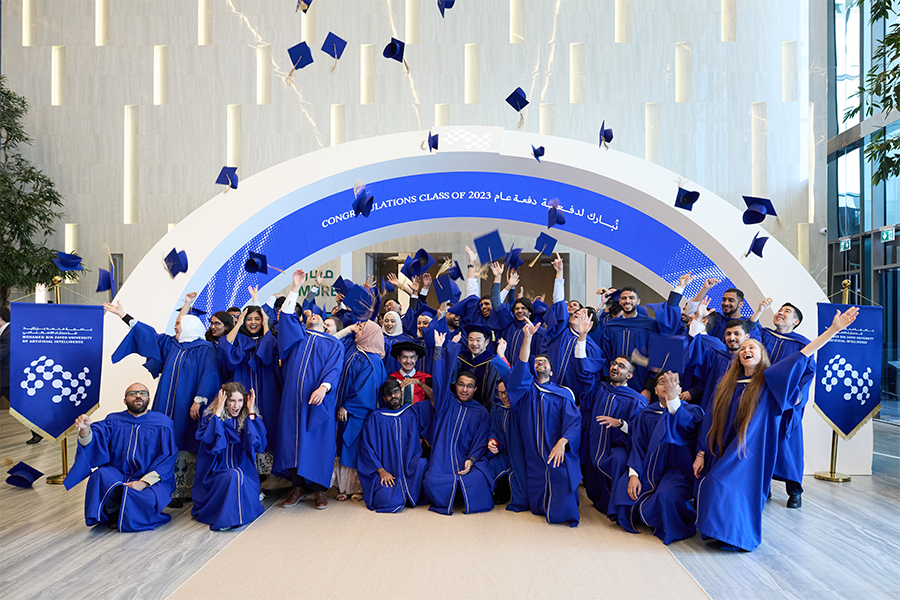
In collaboration with UC Berkeley, CMU, Stanford, and UC San Diego, researchers at MBZUAI have created Vicuna, an accessible open-source chatbot that achieves 90% of the functionality of ChatGPT, but with a tiny carbon footprint.
“We have successfully proved that a large language model [LLM] can be trained and customized at the cost of only a few hundred dollars, and using a modest amount of infrastructure to reach a level very close to ChatGPT,” says Xing. “It is an example of how seriously MBZUAI takes the sustainability of AI creation and production.”
To reduce the carbon footprint of AI, MBZUAI researchers have also created an innovative system that uses clusters of distributed computers, rather than expensive and energy-intensive data centers. This approach requires less computing power and hence less energy to train AI systems.
Another team of researchers at MBZUAI is developing a method of onsite or on-device training for devices that are connected to the internet. “If you dispatch a drone to a remote area to monitor a forest, you can turn that data into knowledge in real time, instead of consuming energy to transport and evaluate the data in a faraway hub,” Xing explains.
While AI is a powerful emerging technology that needs regulation, a development ban is not the way forward, Xing reiterates. Rather, a sophisticated regulatory framework, which differentiates between academic research into AI’s capabilities and the deployment of AI in real-life use cases, will be required.
“Involving informed and experienced researchers, developers, and users will be key,” Xing says.

With the freedom to harness AI’s unprecedented ability to process vast amounts of complex data, scientists at MBZUAI intend to show that AI is not the enemy of human development, but can be an ally and a force for good.
For example, at a time when climate change may be increasing the spread of malaria, MBZUAI is working closely with the Malaria No More organization. By analyzing data about malarial pathology and transmission alongside real-time environmental and atmospheric data, AI has the potential to help eradicate the disease.
Processing enormous volumes of biological and medical data and generating valuable insights, AI will revolutionize the world of health care in general. It will improve the quality of life of patients, make drug development more affordable, and could even extend human longevity.
“AI enables us to ask new questions and make new discoveries,” Xing says. “We can improve our understanding of diseases, develop new drugs, and combat climate change. We can go beyond human intelligence.”![]()
As published in Fortune magazine







